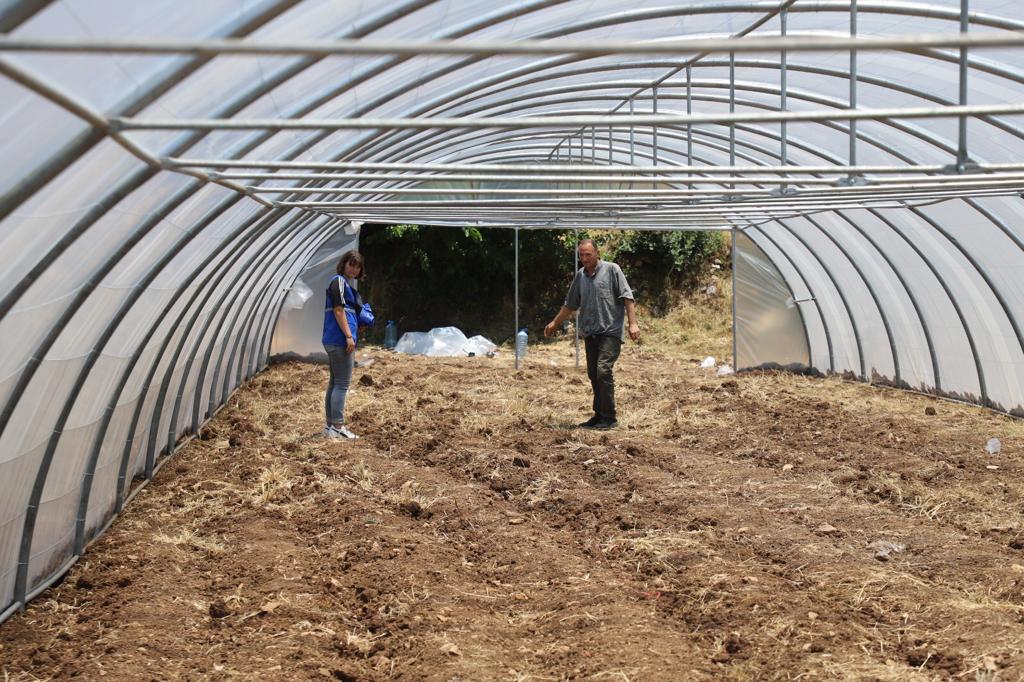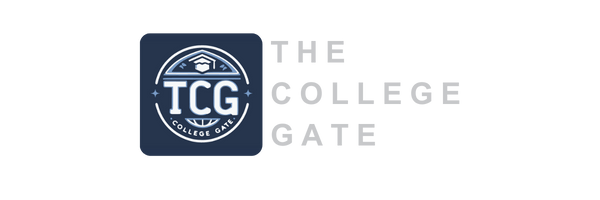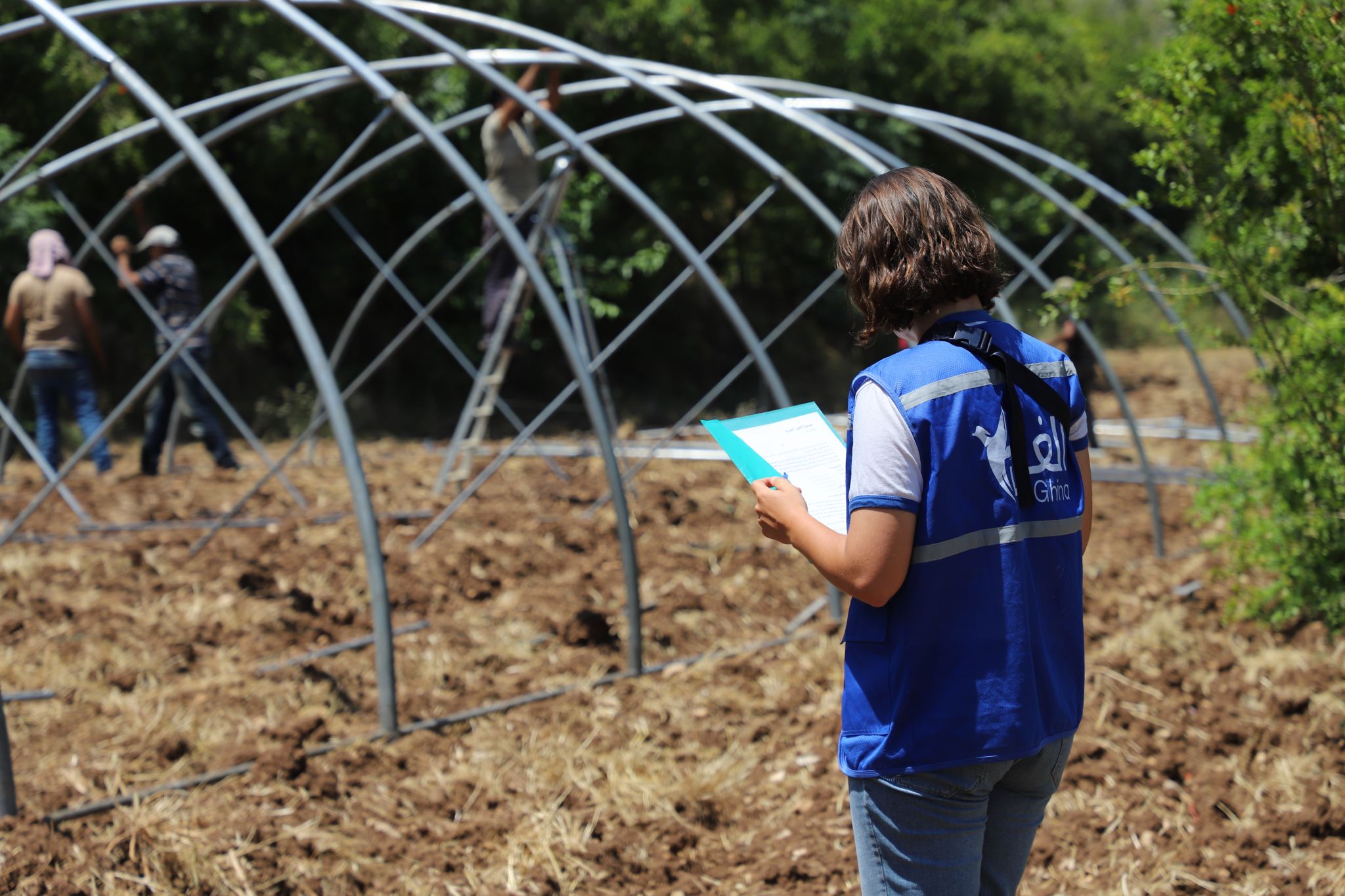When I was four years old I was diagnosed with an atrial septal defect, requiring me to get immediate open heart surgery. If the doctors had not found a hole between my upper heart chambers and fixed it, my life would have been cut shorter due to heart failure. From this experience, without even being able to remember it, I understood that helping those most vulnerable was of utmost importance. I had been saved and, ever since that moment, I promised to give back whenever I could.
Even if you have not yet found your reason to volunteer, in the following article I will guide you through the professional benefits that come from volunteering and, most importantly, how to lend that helping hand. Whether it be searching for, getting, or advancing through the job, here are some ways I find useful to apply volunteering experience to a professional setting.
Searching for the Job
Volunteering allows one to know more about oneself. On a personal level, one learns what his/her passions are in an environment of work. For example, in my case, upon working with Fundación River Plate (Argentina), I realized how much I loved the beautiful game and yearned to help those who do not have access to it. This, in turn, focused my job search immediately, as I knew all of a sudden that my future employment would be related to football and its development. Upon realizing this, I started taking action by emailing many NGOs related to this specific area and offering them my help, if they wanted it. As expected, I received many positive responses because NGOs are very open to anything free, but eventually, I settled with Red Deporte. With this NGO from Madrid, I am currently supporting the founder with his administrative tasks. From this work, I am being mentored into becoming my own football-related NGO leader. My ultimate goal at the moment would be to work for the FIFA Foundation. Put shortly, volunteering shines a light on what you find important and suggests future engagement on your behalf on this path, consequently funneling for impact during a job search.
Furthermore, on a professional level, one can learn what he/she likes within the boundaries of work. Volunteering opportunities are often offered by NGOs, and NGOs run in similar ways to companies (e.g. organizational structure, strategic planning, financial management, stakeholder engagement, etc). Upon volunteering, one can test out skills that will serve a company greatly, hence helping in gaining experience within the sector. To sum up, volunteering is a beautiful chance to find your Ikigai: a mixture of what you love, what the world needs, what you can be paid for, and what you are good at.
Getting the Job
To get the job, an interview normally needs to take place. developing soft skills it is either your CV being selected or someone who has given you a recommendation. This recommendation would come from your network, someone for/with whom you have worked. In volunteering, it is clear that your circle of connections grows larger due to the demands of the work itself. Knowing people gets you jobs. This helps in putting you as a potential candidate for an interview, or even better a job, when the time comes.
In addition, people love stories, and so do interviewers. When in an interview, I leverage my volunteering experiences to tell truly different stories from other candidates (e.g. having worked in refugee camps in Calais and Beirut). Even if I will never know what others say during interviews (i.e. outside of my control), what is in my control are the stories I have to share. Volunteering itself is all about teamwork, communication, and empathy. Therefore, for questions relating to these topics, it is easy to think back at volunteering experiences previously held to gain examples and make them stories. I use the STAR (i.e. Situation, Task, Action, Result) method, where each stage is lengthfully described, thus being a useful tool to focus on telling a story. These volunteering experiences show the interviewer that you are willing to offer your hand and time in exchange for nothing. This shows commitment and internal motivation, two very important qualities to have in any job. Volunteering in a different country than yours adds a layer of difficulty – it shows that you can be completely at ease with the unknown/unfamiliar.
Advancing within the Job
To advance in a career, one needs strengthened connections. These can be made through cultivating relationships, learning languages and cultures, and soft skills. Luckily enough, all three can be fostered through volunteering. Through experiences like supporting sports classes at YMCA Argentina or distributing food with Vida Solidaria, in Buenos Aires and Barcelona, I was able to learn Spanish, never having taken a university class on such a language. Since the culture of sharing is very strong within the volunteering community, all wanted to help me understand what they were saying, whenever I looked confused. With every new language learned, more people feel attached, as you are making an effort to communicate with them. Volunteering also helps in developing soft skills like conflict resolution or problem-solving, which are important for high levels of leadership. Working in refugee camps teaches one to work diligently under stress and pressure (e.g. with there being not enough food/water/tents for the amount of people). Whatever the workforce has in plan for all of us, it is not as urgent as nourishing/housing those who need it most.
Fulfillment
When considering all these aspects, if your underlying motivation for volunteering is solely to enhance your career rather than genuinely contributing to the welfare of the communities involved, you will not experience any sense of fulfillment. The work will be worthless for you and those on the receiving end. To illustrate, when I was in Antigua (Guatemala), I taught English to students through a volunteering program. I thought it would look incredible on the CV (i.e. having international leadership experience). Little did I know that I was contributing to an industry of voluntourism. Upon realizing that I was not qualified enough to teach any language, still, myself being in high school, I decided to give the kids longer breaks to play football all together on the terrasse. This was my way of giving light to the children’s day. To this day, I have refused to place this experience on my CV because I am not proud of my true intentions behind what seemed to be an act of selflessness. Put simply, my current golden rule is: “What feels right is right”. Whenever choosing a volunteering opportunity, choose one that sparks something within you, that inspires you to keep coming back yearly, monthly, weekly, or daily.

Final Thoughts
I would like to take this space to state that volunteering is also a privilege not to take for granted. I am beyond lucky to have two passports (French and Canadian), allowing me to travel anywhere with little restrictions, a healthy and stable family, a roof over my head, and food on the table. I have been granted the opportunity of a life with options and ambition. With such privilege comes responsibility. I often ask myself: “What am I doing if not helping others?”. Giving it back is my way of being grateful for what I was born with. Even if the path to working for NGOs and non-profits might not be financially as rewarding as a corporate one, I trust that one can make a career working out of passion.
Thank you in advance for taking that first step in reaching out to one volunteering opportunity that speaks to you, today. Even if insignificant, what you do that is right, is the right thing to do. You will truly change lives, and I wish your heart and those of others you help to be filled with the same kindness I received when I was four.
Disclaimer: The College Gate is not affiliated with Institution. All the content is generated by current students based on general basis and own experiences.







